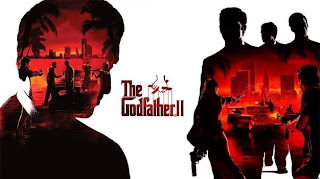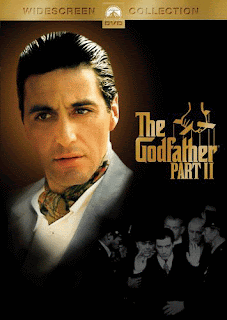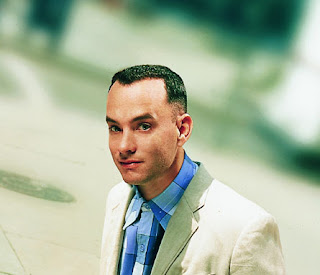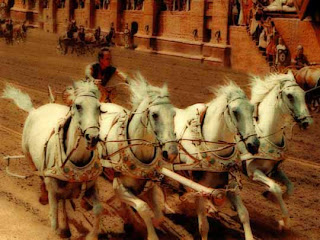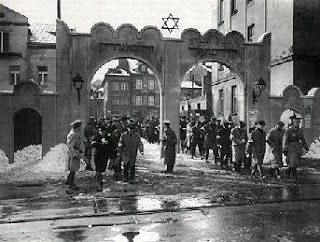The Shawshank Redemption is a 1994 American drama film written and directed by Frank Darabont, loosely based on the Stephen King novella Rita Hayworth and Shawshank Redemption
Review:
Tim Robbins stars as Andy Dufresne, a successful young banker who is sentenced to life imprisonment for the murder of his wife and her lover. Andy is sent to Shawshank prison, a dour and depressing place where brutality from both guards and other prisoners is commonplace. Andy makes friends with Ellis Boyd “Red” Redding (Morgan Freeman), a lifer who has already spent many years inside. Red specialises in smuggling items into the prison for the other prisoners. Red soon discovers that Andy is a most unusual prisoner, although at first it seems to do him little good – he is brutalised by other prisoners.
He starts to get both other prisoners and guards on his side when he offers to help one of the most notorious guards with a tax problem in exchange for bottles of chilled beer for everyone in his work party. From then on, Andy always seems to be working on one thing or another. He improves the prison’s tiny library, and helps those prisoners who want to study. He also handles the guards’ tax returns, and even helps the swindling Warden (Bob Gunton) cook the books. Over the years, he gains the respect of most of the other prisoners and guards. More importantly, he never loses hope for the future – a hope he tries to pass on to the other prisoners. He never stops believing in life’s possibilities, but to make the most of them he needs to be free.
Both Tim Robbins and Morgan Freeman do a fine job in terms of making their roles genuine and appealing, and also in the way they work so well together. The production values throughout are outstanding, but this is not a “fancy” film. Rather, it sticks to the story it is telling without resorting to flashy tricks to grab the audience’s attention. Although there is violence, some of it extreme, it is necessary to show the kind of place the prison is and is certainly not gratuitous. The main theme is hope, not despair, and the violence serves only as a backdrop to that message.
Tim Robbins stars as Andy Dufresne, a successful young banker who is sentenced to life imprisonment for the murder of his wife and her lover. Andy is sent to Shawshank prison, a dour and depressing place where brutality from both guards and other prisoners is commonplace. Andy makes friends with Ellis Boyd “Red” Redding (Morgan Freeman), a lifer who has already spent many years inside. Red specialises in smuggling items into the prison for the other prisoners. Red soon discovers that Andy is a most unusual prisoner, although at first it seems to do him little good – he is brutalised by other prisoners.
He starts to get both other prisoners and guards on his side when he offers to help one of the most notorious guards with a tax problem in exchange for bottles of chilled beer for everyone in his work party. From then on, Andy always seems to be working on one thing or another. He improves the prison’s tiny library, and helps those prisoners who want to study. He also handles the guards’ tax returns, and even helps the swindling Warden (Bob Gunton) cook the books. Over the years, he gains the respect of most of the other prisoners and guards. More importantly, he never loses hope for the future – a hope he tries to pass on to the other prisoners. He never stops believing in life’s possibilities, but to make the most of them he needs to be free.
Both Tim Robbins and Morgan Freeman do a fine job in terms of making their roles genuine and appealing, and also in the way they work so well together. The production values throughout are outstanding, but this is not a “fancy” film. Rather, it sticks to the story it is telling without resorting to flashy tricks to grab the audience’s attention. Although there is violence, some of it extreme, it is necessary to show the kind of place the prison is and is certainly not gratuitous. The main theme is hope, not despair, and the violence serves only as a backdrop to that message.
Cast:
Directed by: Frank Darabont
Actors: Tim Robbins, Morgan Freeman, William Sadler, Bob Gunton
Writers: Stephen King (short story "Rita Hayworth and Shawshank Redemption")
Frank Darabont (screenplay)
Release date: 1994
Rating: 9.5/10
Genre: Drama Thriller
Duration: 142 minutes
Country: United States
Directed by: Frank Darabont
Actors: Tim Robbins, Morgan Freeman, William Sadler, Bob Gunton
Writers: Stephen King (short story "Rita Hayworth and Shawshank Redemption")
Frank Darabont (screenplay)
Release date: 1994
Rating: 9.5/10
Genre: Drama Thriller
Duration: 142 minutes
Country: United States

